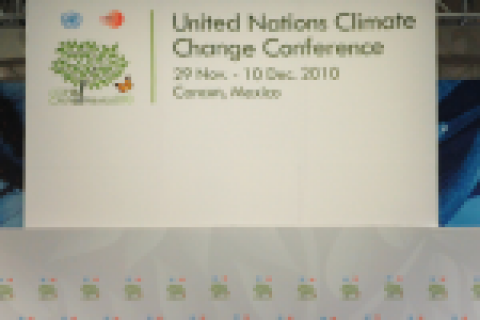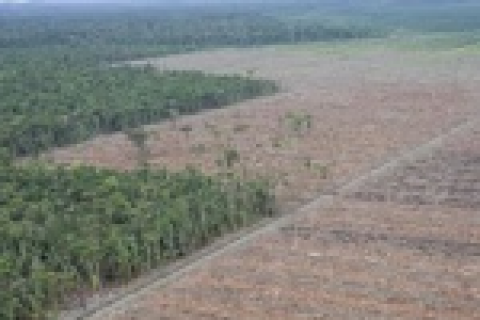The Pacific watershed of Guatemala comprises 17 river basins. Most of the rivers in this region have a relatively short length of around 100 kilometres, from their source in the upper reaches of mountains and volcanoes to their mouths on the Pacific coast. One of these rivers is the Coyolate, which begins in the mountains of the department (state) of Chimaltenango and flows through numerous municipalities and communities.
Other information
West Africa used to be the centre of the palm oil industry. The export of palm kernels began in 1832 and by 1911 “British” West Africa alone exported 157,000 tonnes of which about 75 percent came from Nigeria. In the 1870s, British administrators took the plant to Malaysia and in 1934 that country surpassed Nigeria as the largest exporter of the product. By 1966, Malaysia and Indonesia had surpassed Africa’s total palm oil production.
As the neo-extractivist and development policies of the region’s governments continue to move forward, they come hand in hand with the destruction of the natural environment and the genocidal ethnocide of the indigenous peoples who inhabit it. The crossroads we are facing is more critical than ever: if the capitalist invasion is not stopped, the indigenous peoples and the rainforests will disappear.
In the Philippines, mining, along with logging, has been among the forces behind the country’s loss of forest cover: from 17 million hectares in 1934 to just three million in 2003 or an 82 per cent decline. While about sixty per cent of the country’s land area was covered with forest seventy years ago, now it is less than ten per cent.
NO REDD - A READER is a collection of articles written by REDD Monitor, Global Justice, Ecology Project, Censat Agua Viva, Amazon Watch, Acción Ecológica, COECOCEIBA-AT, OFRANEH, World Rainforest Movement, Carbon Trade Watch, RisingTide, ETC Group and Indigenous Environmental Network
Download the full document here
A controversial proposal to protect forests worldwide is on the table at the U.N. Climate Change Conference in Cancún. Reducing Emissions from Deforestation and Forest Degradation (REDD), would include forests in the emerging carbon markets, allowing governments and corporations to purchase permits to protect forests as a way to offset the carbon released into the atmosphere through its industrial pollution. Though often reported as a means to stop deforestation, there is widespread opposition to REDD from environmental and indigenous groups.
By Chris Lang -
If you’re looking for a list of what’s wrong with REDD, then look no further. The Climate Justice Research Project at Dartmouth College has just produced this top 10 list (fully referenced version below):
1. Calculation of offsets is highly sensitive to choice of baseline methods and data availability, raising the potential for fraudulent “hot air” resulting from corruption
The ITT oil exploration block, located within the borders of Ecuador’s Yasuní National Park, is an area of extraordinary biological diversity. The Ecuadorian proposal to leave the estimated 850 million barrels of oil reserves in this block untouched, in perpetuity (see WRM Bulletin Nº 157), marked a change of course in the right direction towards biodiversity conservation.
In defiance against Burma’s ruling military junta, farmers in the northern state of Kachin are fighting against a plantation company from destroying their lands and livelihoods.
The farmers accuse the Yuzana Company of large-scale destruction of forest in the Hugawng Valley, an area that also happens to comprise the world’s largest tiger reserve.
With a population of some 150 million people, the Nigerian economy has been relying for more than 50 years on oil extraction by foreign large corporations - with Shell at the top - in the Niger Delta remote region of mangrove creeks.
“The forest dependent people of India are raising their voice strongly against the loot of natural resources in the name of delivering development, saving the environment and combating climate change. They are bringing forth the issues of people’s political economy of protection of natural resources and protection of livelihood vis-à-vis the elite and capitalist interests on the natural resources.



